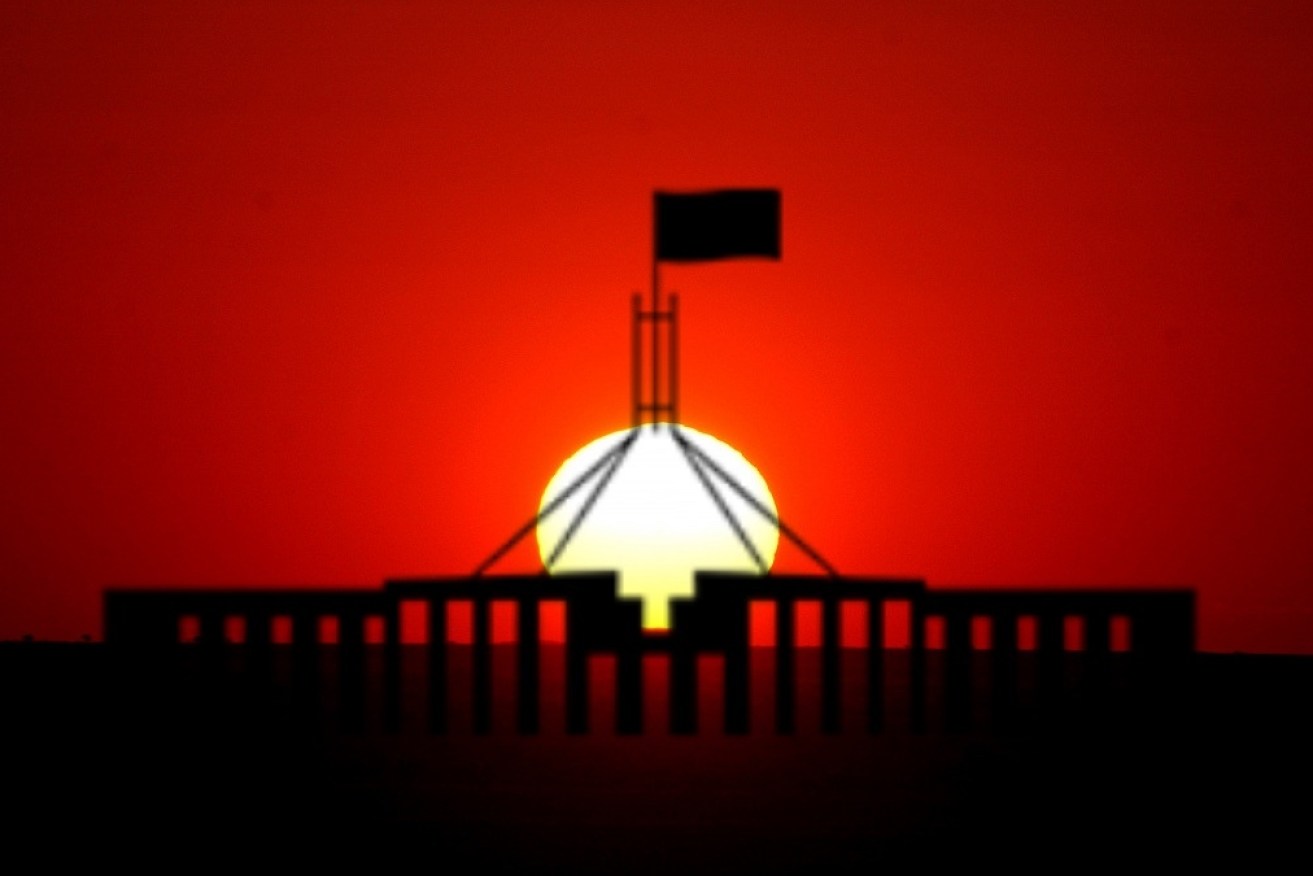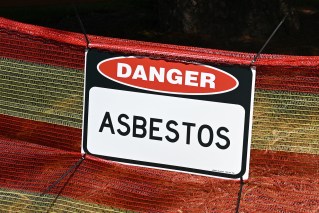Indigenous identity warning ahead of historic referendum


This year's census showed a 25 per cent increase in Australia's Indigenous population, compared to five years ago.
Senators from opposite ends of the political spectrum united this week in cautioning against allowing Australians to self-identify as Aboriginal and Torres Strait Islander ahead of the Voice to Parliament referendum.
Liberal Senator Kerrynne Liddle and Greens Senator Lidia Thorpe both argued that Indigenous self-identification doesn’t work as First Nations people need to be accountable to their community.
A Voice to Parliament referendum, expected to take place before the next federal election in 2025, will ask Australians to vote on whether they support amending the Constitution to establish an Indigenous advisory body to Parliament.
Self-identification ‘fails every test’
Senator Liddle, who was elected South Australia’s first Indigenous parliamentarian earlier this year, told the upper house this week that there was “no validation and no accountability” in allowing people to self-identify as First Nations Australians.
The Arrernte woman said she was alarmed that a long-accepted test to confirm whether a person is Indigenous was being “tinkered with” in favour of self-identification.
That accepted test, she said, involved demonstrating Indigenous descent, identifying as a person of that descent and having the community accept that they are of that descent.
“It’s not perfect, but there is no evidence that it is broken, nor am I aware that it has become irrelevant,” Senator Liddle said.
“There should be no place in government or in policy for a self-identification test or for fluidity in the definition depending on policy or program application.
Senator Liddle said self-identification counted people “who should not be counted”.
“It relies on the box ticker having a moral compass and it risks greater access by charlatans to those special services designed for those who need it most,” she said. “It fails, fails and fails every test.”
Census surprise
This year’s Census data showed a 25 per cent increase in Australia’s Indigenous population compared with five years ago, with a doubling of Aboriginal and Torres Strait Islander Australians aged over 65.
Dr Francis Markham, a human geographer at the Australian National University, predicted that when the census’ final estimate is published next year, Australia’s official Indigenous population estimate will be just shy of one million, or around 980,000 people.
That figures suggests Australia’s Indigenous population is now at, or above, levels estimated at the time of white settlement.
The reasons for the spike are varied, with some academics believing it reflects people’s increased propensity to identify as Aboriginal or Torres Strait Islander, alongside changed processes for capturing data.
Senator Liddle said the spike could be explained by ancestry tracing websites telling people that they are Indigenous “where there is no lived connection, no lived experience, no life experience, and the connection is not even for more than maybe a century”.
“What should be occurring is accountability of the government, its agencies and community organisations, ensuring the bona fides of Indigenous claims,” she said.
“We better get it right before we ask Aboriginal and Torres Strait Islander peoples to elect representatives to the Voice, should that be successful at referendum.”
Government has ‘no business interfering’ with identity
Greens First Nations spokeswoman Lidia Thorpe agreed that Indigenous self-identification was problematic, but said the government should not be allowed to “interfere” with people’s connection to culture.
The Djab Wurrung Gunnai Gunditjmara woman told The New Daily that all clans and nations have their own laws, languages and mechanisms to navigate belonging and connection.
“Our identify as First Nations people isn’t about who anyone is as an individual, it’s about who we are as a community,” she said.
“Self-identification as Aboriginal and/or Torres Strait Islander does not work, because all First Nations people are accountable to their Elders and their community.
“The Government has no business interfering with our identity as First Nations people.”
Indigenous Australians Minister Linda Burney and the government’s special envoy for reconciliation Patrick Dodson were contacted for comment.
Identification difficulties
Professor Bronwyn Carlson, head of Indigenous studies at Macquarie University, said not everyone is able to source confirmation of their Indigenous origins from land councils and other government-endorsed organisation.
She said it was particularly difficult for trans people who have taken on a name that is not the same as their birth certificate, or people who grow up in the child protection system.
“Some people have never lived on their ancestral lands and are part of the community that they now live in,” she told The New Daily.
“The constant bashing by media over people who do not look phenotypically Aboriginal also causes people to be reluctant.
“It would be lovely if our communities were resources to have cultural centres – places of learning and sharing where people could come in and feel safe and learn and work out where they fit and what it means to be an Aboriginal person and connected to family and community and have opportunity to learn language and cultural practices.”
Broad support for a Voice
The government is expected to provide more details on its proposed Voice to Parliament referendum early next year, having budgeted $75 million to prepare for the nationwide vote.
Australians will be asked if they support an alteration to the Constitution that establishes an Aboriginal and Torres Strait Islander Voice.
The proposed Voice would comprise elected Aboriginal and Torres Strait Islanders who would be responsible for advising the federal parliament and government on matters of significance to Indigenous people.
Survey results released this week by Reconciliation Australia showed 80 per cent of Australians believe the creation of a national representative Indigenous body is important, while 79 per cent believe such a body should be protected under the Constitution.
Support from First Nations people sits higher at 86 per cent.
Reconciliation Australia CEO Karen Mundine said the polling proved that there was strong support for a Voice to Parliament.
“These rising levels of trust augur well for change as we head towards the national referendum on The Voice to Parliament.”








